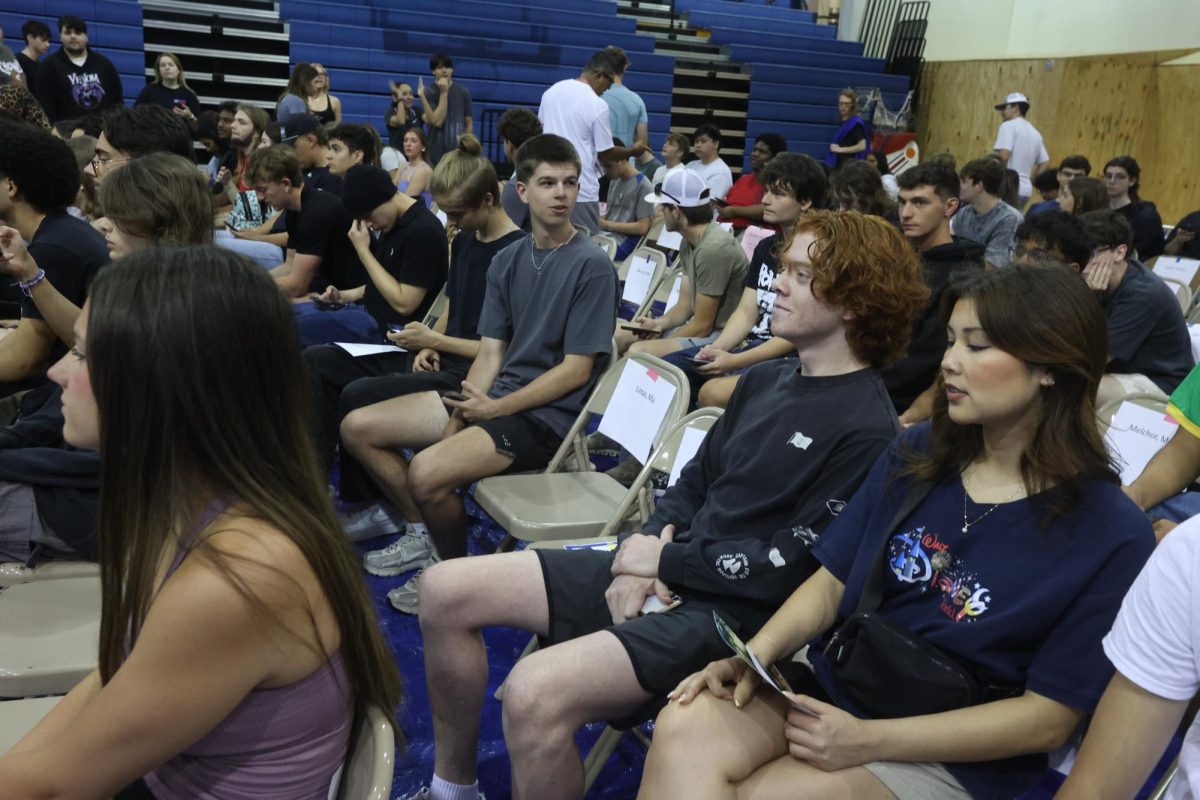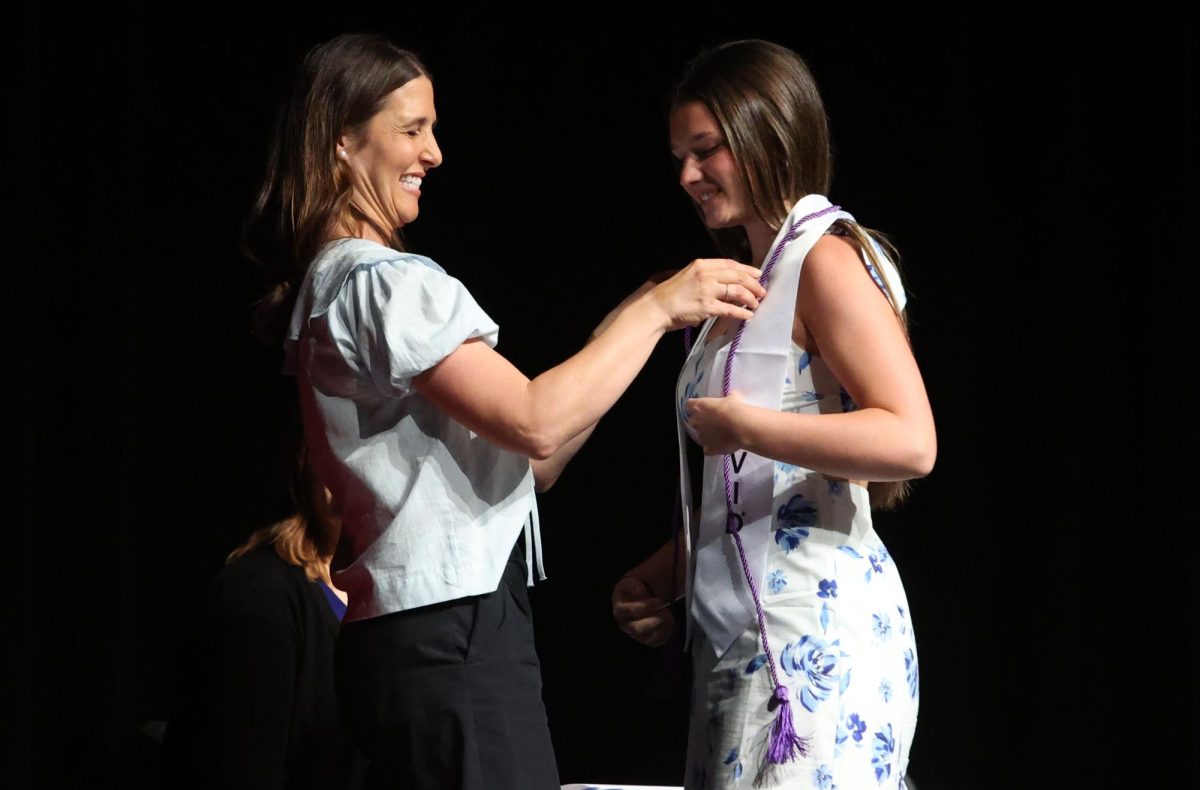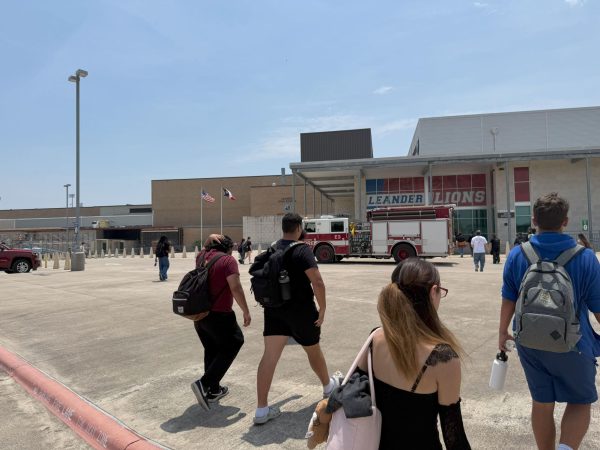Get The Facts Straight: COVID Booster Vaccines
March 7, 2022
What are vaccine boosters?
Vaccine booster shots essentially refresh your immune system’s memory, making it easier for it to fight off any infections of that disease you might get. They also increase the number of antibodies that you have. While three doses may seem intimidating, it’s actually not that unusual. Hepatitis A and chickenpox both require two doses, HPV can require two or three, and hepatitis B can require up to four.
Why do we need them?
Three separate studies, done by Srinivas Nanduri, Eli S. Rosenberg, and Mark W. Tenforde, respectively, have shown that immunity declines after six months. Johnson and Johnson’s vaccine, which is only one dose, has been shown to be less effective than Moderna’s and Pfizer’s, which have two doses each. But no matter which vaccine you took, getting a booster shot will only increase your resistance to the COVID virus.
What about mixing different types of vaccines?
According to the CDC’s press release on Oct. 24, they are currently consulting the CDC Advisory Committee about mixing vaccine brands, but overall, studies show that mixing vaccines helps your immunity, without any notable side effects.
Based on studies of HIV vaccines, mixing vaccines does increase your immunity. After your first shot, your immune system creates antibodies not just for the COVID virus, but also for whatever virus carried its proteins into your body. This means that after you get the second shot, the carriers might get wiped out before the vaccine can boost your immune response.
During clinical trials, people who initially got the Johnson and Johnson vaccine, and then got a Johnson and Johnson booster, saw their amount of antibodies increase by a factor of four. But using a Pfizer booster shot increased the number of antibodies by a factor of 35, and a Moderna booster increased the number of antibodies even more, this time by a factor of 76.
What about vaccines for children under 12?
The CDC has approved the Pfizer vaccine for children between the ages of 5 and 12. According to the company’s studies, side effects for children are similar to those for adults and are usually very mild, often just a sore arm.
For 11-year-olds, the American Academy of Pediatrics recommends not waiting until they turn 12 to get the vaccine. Unless they will turn 12 very soon, it’s better to just get the vaccine for children. Similarly, if they get the first dose of the vaccine for children and then turn 12, it’s better to simply get a second dose of the vaccine for children.
What are the new requirements for vaccine boosters?
The FDA recommends that recipients of the Johnson and Johnson vaccine over the age of 18 should get a Pfizer or Moderna booster at least two months after the original vaccination.
If you got the Pfizer vaccine and are over the age of 12 you can also get a booster, as long as it has been five months since your original vaccination. People between 12 and 17 years old can only get the Pfizer booster, but those 17 and older can get the Moderna booster instead.
If you got a Moderna vaccine, you can get either a Pfizer or Moderna booster, as long as you’re over 18 and it’s been at least five months since your last vaccination.
What does close contact mean?
Close contact is defined as being less than six feet away from someone who is infected for at least 15 minutes over a 24 hour period.
Who doesn’t need to quarantine?
If you are over 18 and have your booster, you do not need to quarantine after being in close contact with someone who has tested positive. However, it is recommended that you wear a mask for ten days after that encounter and get tested on the fifth day.
The same applies to anyone ages 5-17 who has already gotten their first two vaccines and has had close contact with someone who has tested positive.
If you tested positive for COVID in the last 90 days and have been in close contact with someone who has tested positive, then you do not need to quarantine or get tested, but you should wear a mask for ten days after that encounter.
Who does need to quarantine?
You are required to quarantine if you come into close contact with someone who has tested positive and meet any of these criteria:
- Received your first two vaccines, have not received a booster, and are 18 or older
- Received the Johnson and Johnson vaccine and haven’t gotten a booster
- Have not received your first two vaccines
How do you quarantine?
- Stay away from other people for 5 days after close contact.
- Watch for COVID symptoms for 10 days after close contact.
- If you develop symptoms, get tested and stay isolated until your results come back. If you test negative, then you can end your quarantine, but you should continue wearing a mask for 10 days after the original contact. If you test positive, you should quarantine for 5 days after your symptoms begin.
- If you do not develop symptoms, get tested 5 days after the initial contact. If you test negative, then you can end your quarantine but should continue wearing a mask for 10 days after the original contact. If you test positive, you should quarantine for 5 days after your test results come in.
- If you cannot get a test after 5 days, you can leave your house after your 5-day quarantine if you haven’t had any symptoms during that period. But you should still wear a mask for 10 days after the initial contact.








